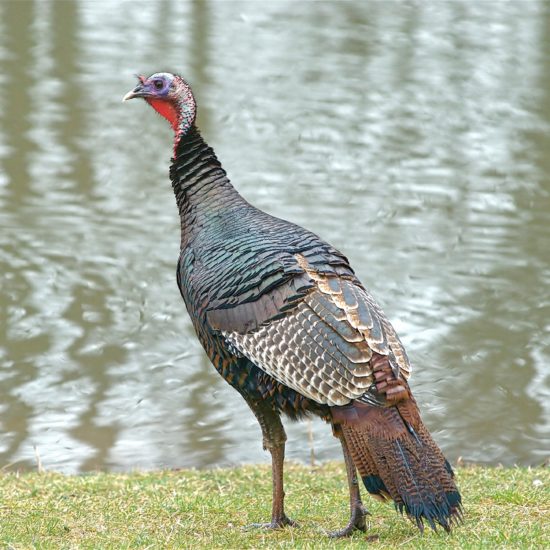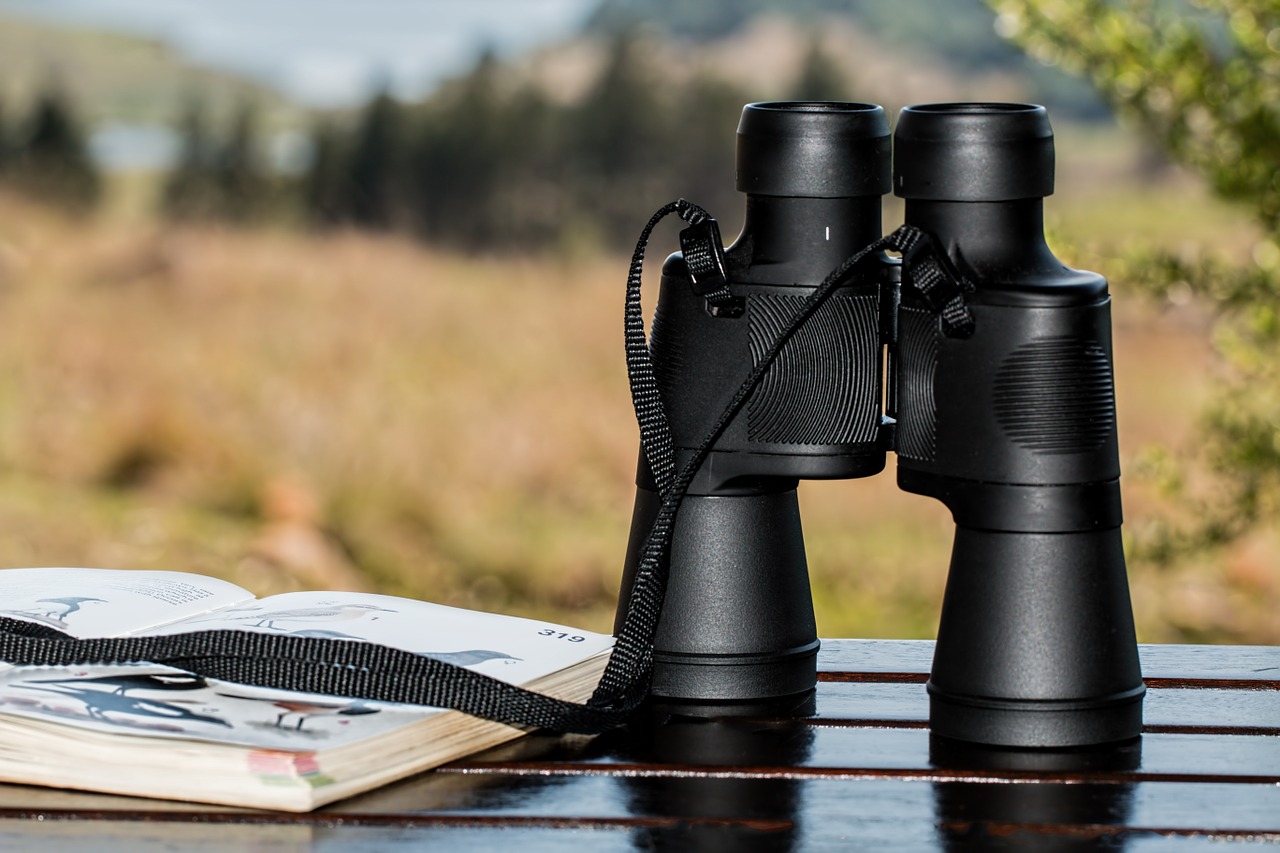Hello, my name is Michaela Burrell and I am the Team Green Writing and Marketing Intern for the summer! You can read a little bit about me in my bio. Like most Rochester students, I am really excited for the summer months. While I do enjoy the warm weather and freedom from examinations, I particularly enjoy the summer because I have a lot of free time to go birdwatching. I hope to become an ornithologist one day and research the interactions between birds and their environment, especially how bird populations are affected by climate change.
In the fall of September 2015, The Audubon Society released a “Birds and Climate Change Report” that discussed the potential impacts of climate change on bird species. According to the report, 314 North American bird species could be negatively affected by climate change. A video released one year before the report described some of the potential and harmful impacts of climate change.

The Allen’s Hummingbird species, found in California and Oregon, could see a 68% decrease in breeding range area by 2050 and 93% by 2080 if global warming continues. Found more locally, the Wild Turkey could see a 23% decrease in its winter range by 2080. A climate forecast map for the Wild Turkey shows that, while the species could be losing some of its winter range, the species may experience a 64% increase in their summer range by 2080 as well. Initially, some may think that this increase in range could be beneficial; however, this increase in range poses threats to the ecosystems in which the Wild Turkey resides. If the Wild Turkey species begins to reside in a new area, they may out-compete native species for food, thus disrupting the ecosystem and threatening the extinction of other animals.
It is important to keep facts like these in mind while discussing ways to combat global climate change. Lifestyle changes to reduce carbon emissions may seem like an inconvenience, but think about all of the plant, insect, and animal species that are usually inconvenienced by human actions alone. So if you are looking for a reason to live a more sustainable lifestyle but do not see how it will benefit yourself, think about the ways that living sustainably may help other species around you.
Written by Michaela Burrell, Class of 2020
Photo source: pixabay.com

